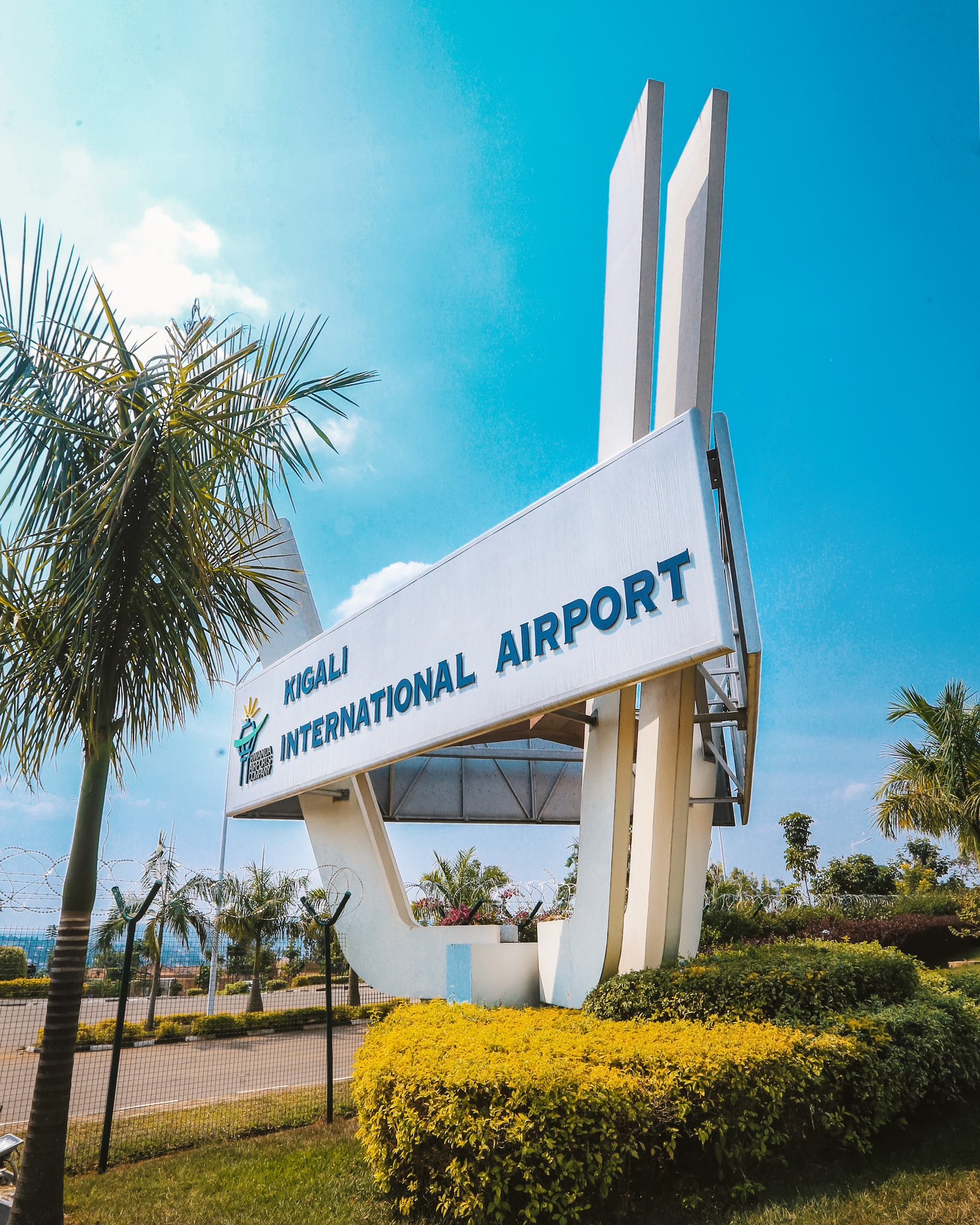Rwanda, Benin, Seychelles, and The Gambia have emerged as the leaders in promoting free movement across Africa, offering visa-free access to all African citizens, according to the Africa Visa Openness Index 2024. These four countries stand out in a continent that is increasingly prioritizing mobility as a means to foster regional integration, trade, and cultural exchange.
In Africa, visa openness is steadily improving. In 2024, African citizens can cross borders without the need for a visa in 28% of country-to-country travel scenarios, up from just 20% in 2016. This increase is a positive shift toward greater regional cooperation. Rwanda, ranking 4th, is one of the major players in this movement, alongside Benin, Seychelles, and The Gambia. Rwanda’s open visa policies are designed to facilitate ease of travel and encourage stronger connections between African nations.
However, Rwanda’s introduction of an Electronic Travel Authorization (ETA) has sparked debate. Critics argue that the ETA, which functions similarly to a visa, may complicate travel for some Africans, rather than simplify the process. Despite this, the country’s overall score in visa openness remains one of the highest in Africa.
Other East African Community (EAC) countries show a mixed performance. Burundi ranks 11th with a score of 0.823, reflecting its relatively open visa policies. Tanzania, at 19th with a score of 0.732, has also made strides in openness. Uganda, ranked 28th, and Kenya, ranked 46th, are still behind, with scores of 0.392 and 0.113, respectively. The Democratic Republic of Congo (DRC) is slightly ahead of Kenya, ranked 44th with a score of 0.121.
The Africa Visa Openness Index reveals that progress is not limited to the more developed nations. In fact, 17 countries have improved their visa openness score since last year, with many of them coming from lower-income regions. Nine of the top 20 performers are low-income countries, and among them, six are in West Africa, while two are in East Africa, and two in Southern Africa. This progress signals that even countries with fewer resources are beginning to realize the economic and social benefits of easing border restrictions.
The rise of eVisas has also been a significant trend. In 2024, 26 African countries (44% of the continent) now offer eVisas, a major increase from just nine countries (17% of the continent) in 2016. This digital shift helps simplify the visa application process and further reduces barriers to travel within the continent.
While these developments show a clear upward trajectory in visa openness, challenges remain. Countries like Libya, Sudan, and Western Sahara continue to sit at the bottom of the index, with Western Sahara ranked 53rd and scoring only 0.030, the lowest on the continent.
These findings underscore a positive trend but also highlight the vast disparities that still exist in Africa’s visa policies. While countries like Rwanda demonstrate the potential for a borderless Africa, others continue to raise barriers, limiting mobility and hindering opportunities for collaboration.
As Dr. Albert Muchanga, the African Union’s Commissioner for Economic Development, Trade, Industry, and Mining, once noted, “Balancing security with inclusivity remains a challenge, but the goal of a truly open Africa continues to inspire.” This vision of a united and accessible Africa is slowly becoming a reality, one policy at a time.




















